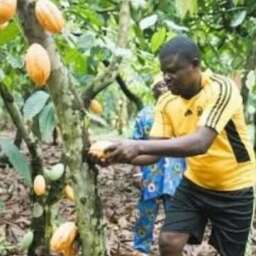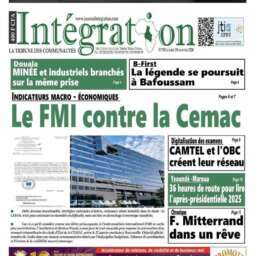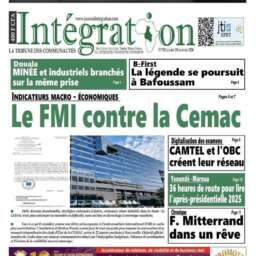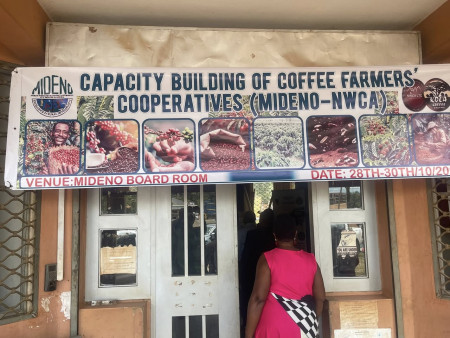(Business in Cameroon) – Farmers in Cameroon’s Northwest region are benefitting from a targeted training and input-supply programme designed to rebuild the Arabica coffee value chain after years of decline. The initiative is led by the North West Development Authority (MIDENO) and aims to boost production volumes and quality while integrating food-crop intercropping to enhance income stability.
At a workshop held in Bamenda, MIDENO’s Director-General, Cletus Anye Matoya, announced that the authority will supply improved coffee seeds and organise access to organic fertilisers to support farmers. He emphasised that farmers should increase their coffee acreage and adopt inter-cropping with shorter-cycle crops so that they are not solely reliant on the longer coffee harvest cycle. The training covers agronomic techniques, seedling management, fertiliser usage, and intercropping strategies.
The organisers note that the training is particularly significant, as production in the region has dropped due to abandoned coffee plantations, ageing trees, and disease-suppressing yields. So far, MIDENO has distributed 150,000 coffee plantlets to farmers in the area, targeting abandoned or underproductive farms to restore the region’s cultivation base for its signature Arabica coffee, marketed under the North West Cooperative Association (NWCA) brand. The NWCA brand currently holds a strong reputation for quality in global markets.
Diversified Farming for Stability
According to government data for Cameroon, overall coffee production fell to 41,181 tons in 2023; of that, Arabica output rose by 10.5 % to 7,745 tons, while Robusta fell by 4.9 % to 33,437 tons. Meanwhile, export-price indicators show that in 2024, the Arabica coffee price rose by 23.8% and the Robusta price by 68.0% compared to the previous year.
These figures highlight the urgency of improving the value chain, planting new trees, raising productivity, and capturing export value while demand and prices are favourable. As part of value-chain strengthening, farmers are being encouraged to intercrop coffee with short-cycle crops, such as plantain. This strategy is designed to provide farmers with more rapid income flows, improve food security, and reduce risk as coffee trees mature.
MIDENO’s Technical Director, Nde Emmanuel, noted that cooperatives have been reorganised and equipped, and that farmers are being supplied with organic fertilisers to support sustainable production. Cameroon’s export price index for 2024 rose by 6.9 %, driven in part by the surge in coffee and other agricultural exports. For the coffee sector, increasing global and farm-gate prices make improving yield, quality, and chain resilience especially timely.
Mercy Fosoh



































